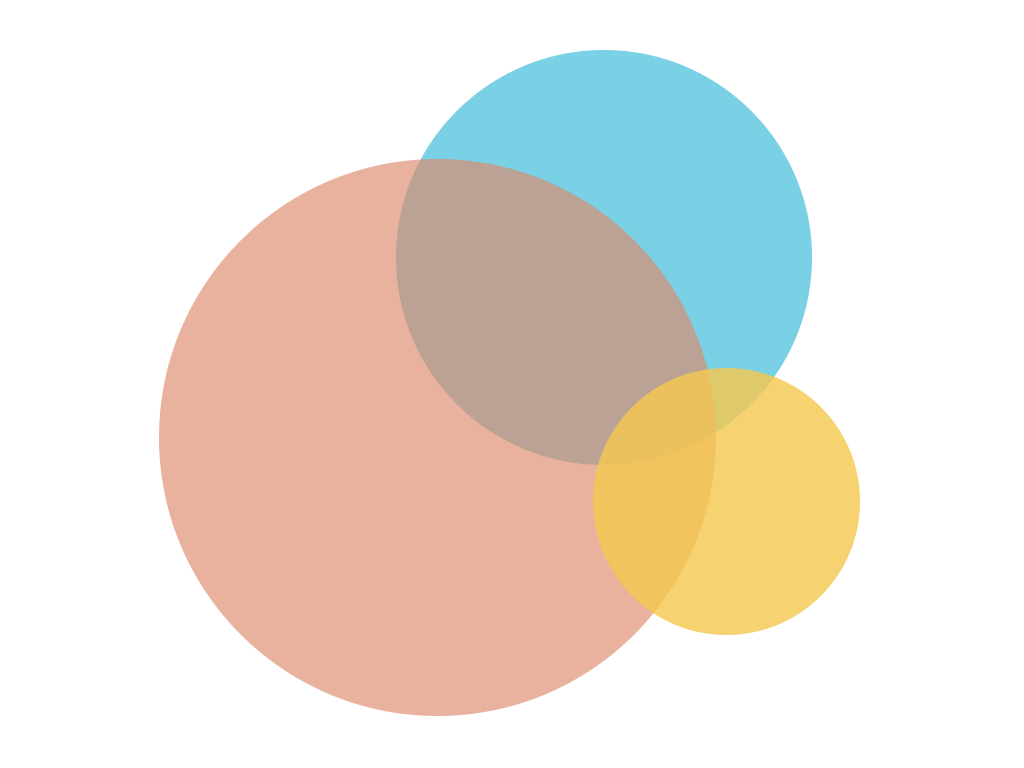History
The Institute for the Editing of Historical Documents (IEHD) was launched in 1972 with the primary goal of providing training to historical documentary editors on all workflow components, including document collection and cataloging, transcription, annotation and indexing, print publication, and later digital publication. More recently, the IEHD also covered topics such as project promotion, grant writing, and audience engagement. Held annually in-person, the typical enrollment was roughly twenty participants. The Institute attempted to address over time not only the needs of editors working at established projects, but also those working to conceptualize and build editorial projects. Ultimately, this effort had limited success in its ability to serve both a large number and a broad spectrum of practitioners.
Evolution
In 2018, a grant proposal to the National Historical Publications and Records Commission outlined a new vision for the IEHD. At the core of this plan was the development of a Fundamentals of Publishing Historical Documents course that reimagined the content and delivery of the IEHD’s original introductory course. The proposal also offered ideas for diversifying the Institute’s audience to include archivists, librarians and DH practitioners, and for expanding on its offerings of content. In 2019, a team of guides and consultants was formed to begin outlining the shape and presentation of the Fundamentals course.
As we reflected on the IEHD and started thinking about a new course, we reached some difficult conclusions: our ideas about editors, the “field,” methods, publications, and content excluded a significant number of practitioners and projects. Despite not being intentional, the result of this insular thinking was harmful. We missed opportunities to learn from practitioners who were engaging in recovery and giving voice to those silenced by archives, who were developing tools and practices that supported equitable and representative metadata, and who were meaningfully involving their communities in project planning and work. These self-assessments were reinforced during a listening tour, where we met with practitioners working on a diversity of projects. The folks we met with were generous, patient, and honest. Some had never heard of “documentary editing” or “editions,” and if they had, these things were viewed as being irrelevant, un-welcoming, and rigid. Still, we learned that we all share the important goal of making source materials accessible and that we work towards that goal using similar processes. These conversations shaped the future of the IEHD.
The result of acknowledging our failures, listening to feedback, and learning from one another is eLaboratories. We envision eLabs as an ecosystem, a community that promotes connection, adaptation, collaboration, and co-creation, through activities like virtual discussions of new practices and methods, webinars demonstrating digital tools and their creative applications, and courses that explore the broad spectrum of approaches to editing and recovery work. eLabs is a space for all to join in learning, sharing, shaping, and discussing the practices of editing and recovery. We invite anyone engaged in any aspect of this work to share their knowledge, methods, tools, and experiences. We are excited to collaborate and learn from you!



